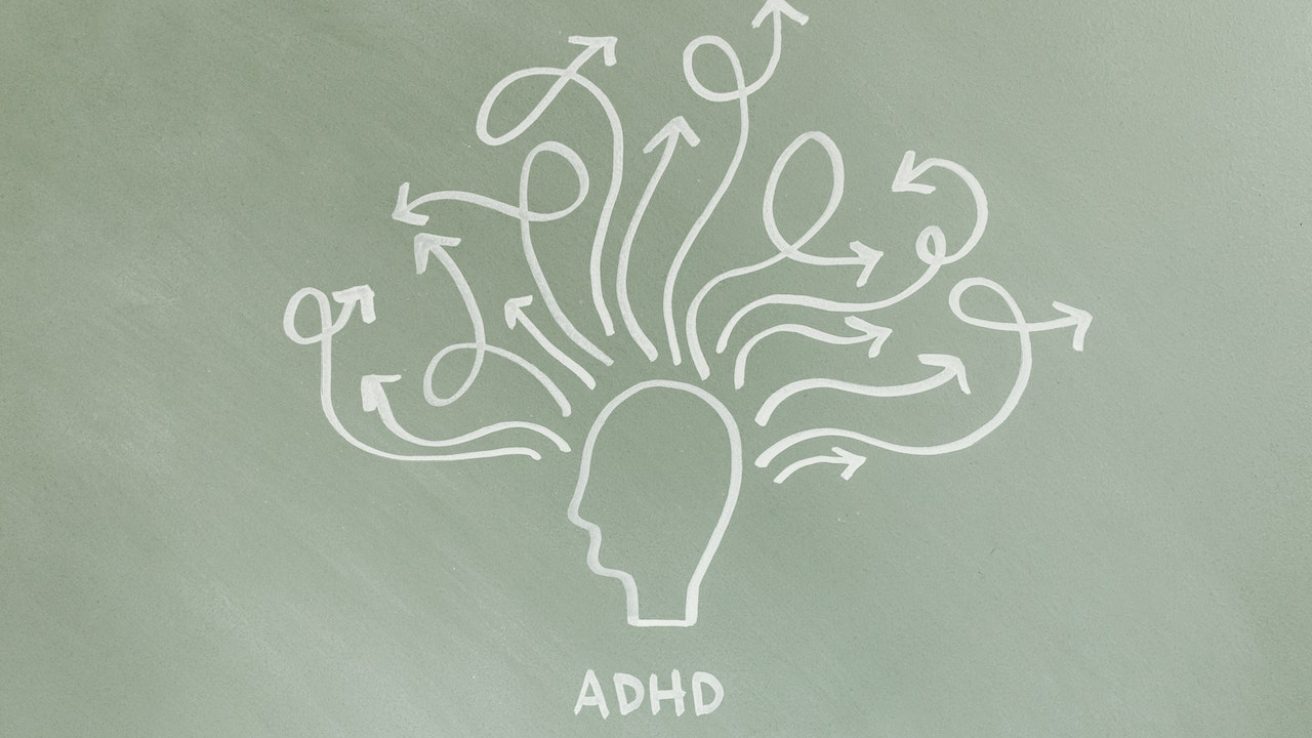Attention-deficit/hyperactivity disorder research is making progress in new directions, and this review summarizes many of these new research avenues and discusses their implications.
Although scientific research into the characterization of attention-deficit/hyperactivity disorder (ADHD) has progressed a lot in the past fifty years, many of the new insights that are available as a result of this research have not translated into clinical benefits. This review, published in the Journal of Child Psychology and Psychiatry, seeks to provide a survey of the current scientific understanding of ADHD, along with the key outstanding questions that are still unanswered. Two main domains of inquiry are addressed: clinical characterization, and risk factors, causal processes, and neuro-biological pathways. The review also includes a discussion of the conceptual reformulation of ADHD traits as part of a more general spectrum of neurodivergence.
The characterization of ADHD as a childhood-onset disorder marked by age-inappropriate and impairing levels of inattention and/or hyperactivity has been around for a long time. The authors note that new research, as of 2017, suggests that ADHD can be late onset, and that between 30% and 87% of those presenting with ADHD in adulthood may have experienced late-onset, although the data-gathering process is ongoing. Symptom fluctuation was also found to be very common, with around 60% of children with ADHD combined type experiencing repeated periods of remission. Questions that are being investigated as of the publication of this article include whether or not ADHD can be prevented through early intervention and the effects of ADHD in older adults.
The authors also explore novel conceptualizations of ADHD, including whether emotion regulation difficulties (ERD) can delineate a subtype of ADHD, and the role of sleep in causing ADHD symptoms. The role of genetic association in adults with ADHD, the role of polygenic risk scores in statistical studies, and epigenetic effects are all novel areas of study within ADHD research. The authors note that all of these ongoing areas of scientific research could challenge some core assumptions about ADHD, while also giving more insights into how ADHD can be treated in different populations.
Sonuga-Barke, E. J. S., Becker, S. P., Bölte, S., Castellanos, F. X., Franke, B., Newcorn, J. H., Nigg, J. T., Rohde, L. A., & Simonoff, E. (2022). Annual Research Review: Perspectives on progress in ADHD science – from characterization to cause. Journal of Child Psychology and Psychiatry and Allied Disciplines. https://doi.org/10.1111/jcpp.13696









